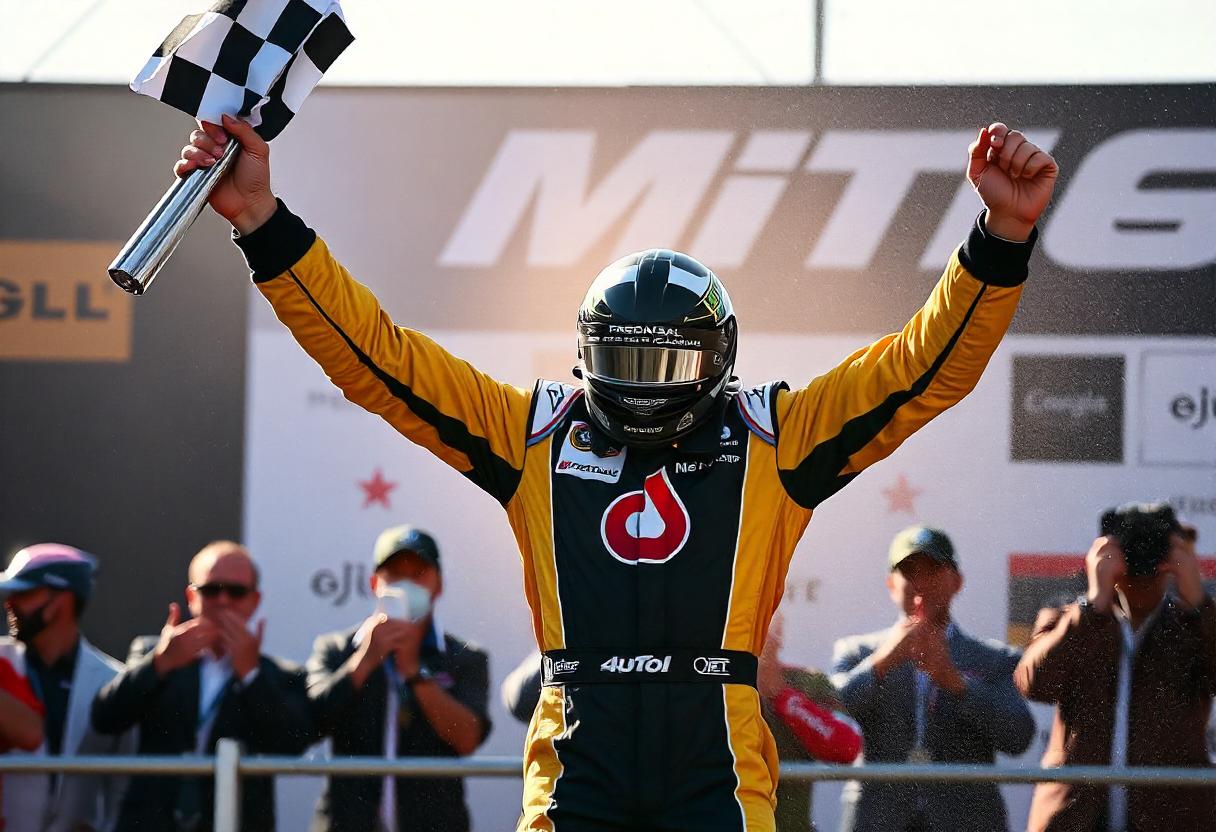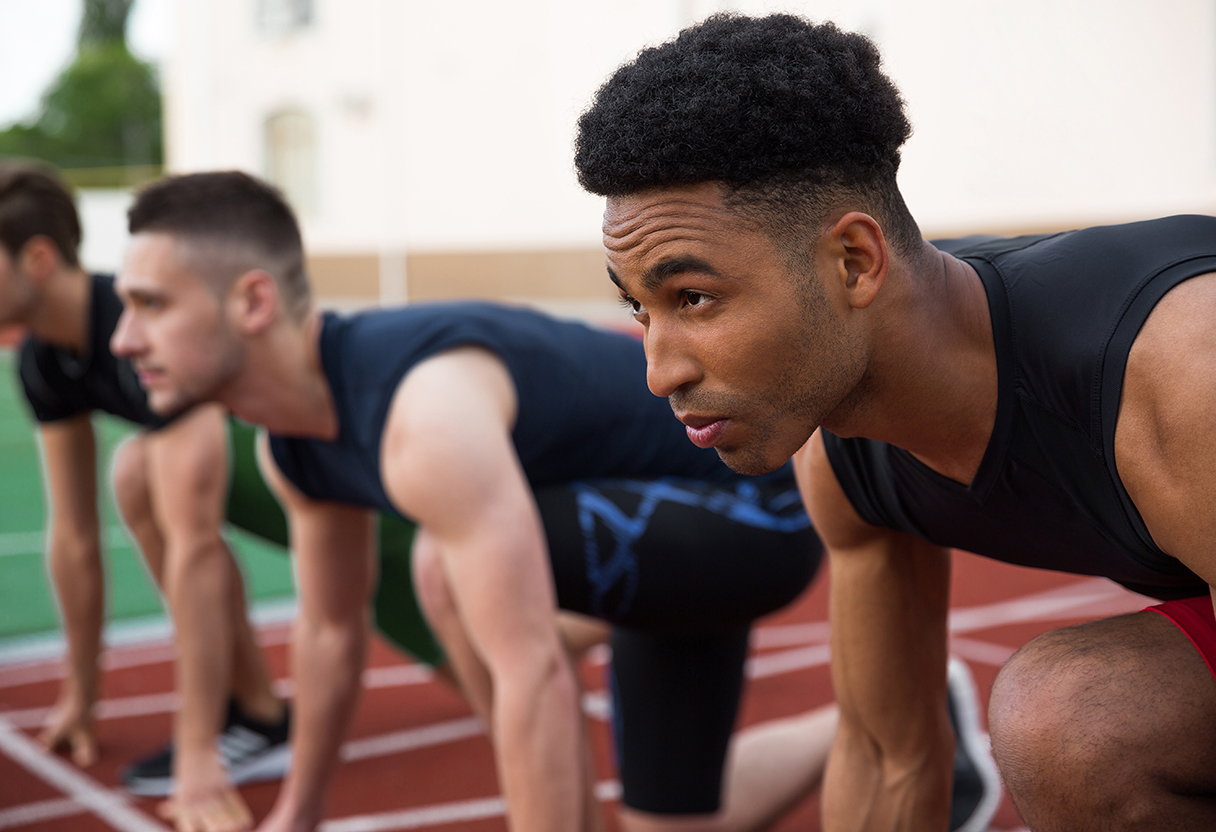Racing psychology is a vital component of an athlete’s performance on the track. It encompasses the mental and emotional aspects that can make or break a driver’s success. While physical training and technical skills are essential, mental preparation plays a significant role in determining who will cross the finish line first. In recent years, hypnotherapy has emerged as a powerful tool in shaping racing psychology, helping drivers to overcome obstacles, build confidence, and achieve their goals.
The Power of the Mind in Racing
Racing is as much a mental game as it is physical. Drivers need to maintain focus, concentration, and composure under pressure, often for extended periods. The mind can be either a driver’s greatest ally or worst enemy, depending on how well they manage their thoughts, emotions, and self-doubt. Research has shown that athletes who possess strong mental skills, such as confidence, motivation, and resilience, tend to perform better and achieve greater success (Hanton & Connaughton, 2002).

The Role of Hypnotherapy in Racing Psychology
Hypnotherapy is a technique that uses guided meditation and focused attention to access the subconscious mind. By inducing a state of trance, hypnotherapists can help drivers reprogram negative thought patterns, overcome phobias or anxieties, and develop more positive attitudes towards competition. This can lead to improved performance, increased confidence, and enhanced overall well-being.
In the context of racing psychology, hypnotherapy can be used to:
- Manage anxiety and stress: Hypnotherapy can help drivers cope with pre-race jitters, reducing feelings of nervousness and apprehension.
- Build confidence: By reframing negative self-talk and reinforcing positive affirmations, hypnotherapy can enhance a driver’s self-belief and confidence behind the wheel.
- Improve focus and concentration: Hypnotherapy can train drivers to maintain their attention on the task at hand, even in high-pressure situations.
- Develop resilience: By learning to manage setbacks and failures, drivers can bounce back from adversity and stay motivated.
Case Studies: Hypnotherapy in Action
Several studies have demonstrated the effectiveness of hypnotherapy in improving racing performance. For example:
- A study published in the Journal of Sports Sciences found that hypnotherapy significantly improved the performance of golfers, with participants showing reduced anxiety and improved shot accuracy (Wang et al., 2015).
- Another study published in the International Journal of Sports Science & Coaching found that hypnotherapy enhanced the confidence and motivation of young tennis players, leading to improved match performance (Gould et al., 2017).

Conclusion
Winning the mental race is just as important as crossing the finish line first. By incorporating hypnotherapy into their training regimen, drivers can gain a competitive edge and achieve their goals. At Revibe Therapy , our experienced hypnotherapists specialize in helping athletes overcome mental barriers and reach peak performance.
With our Online Therapy platform , you can access expert guidance from the comfort of your own home. Our flexible scheduling system allows you to fit sessions around your busy training schedule. Don’t let mental doubts hold you back – take control of your racing psychology today with Revibe Therapy .





